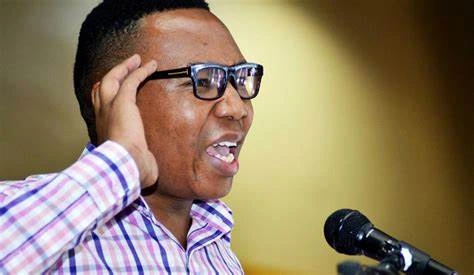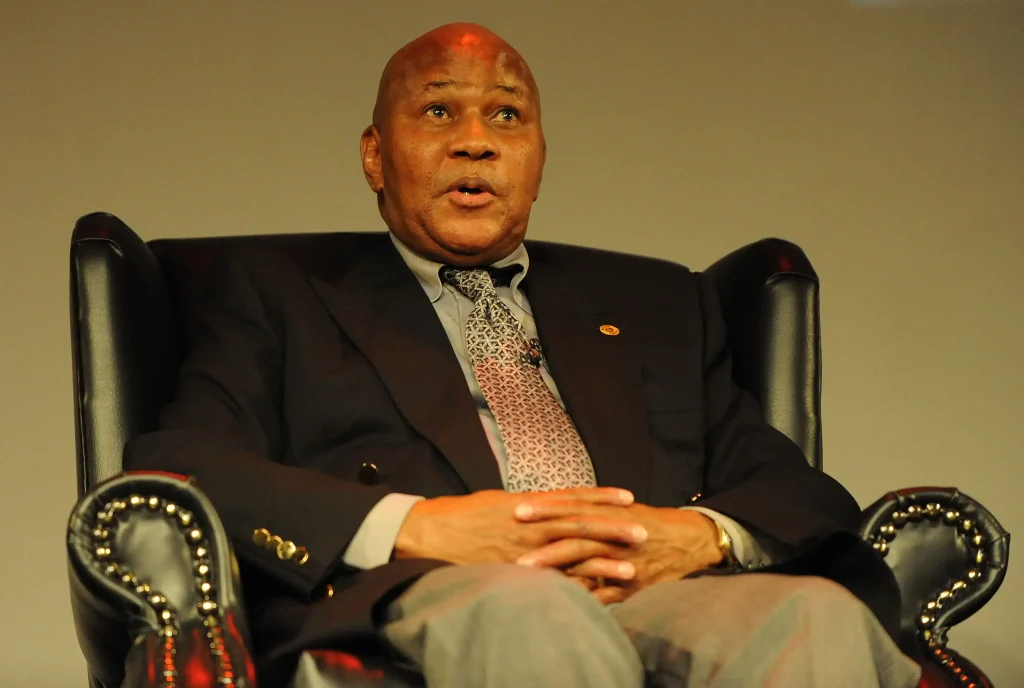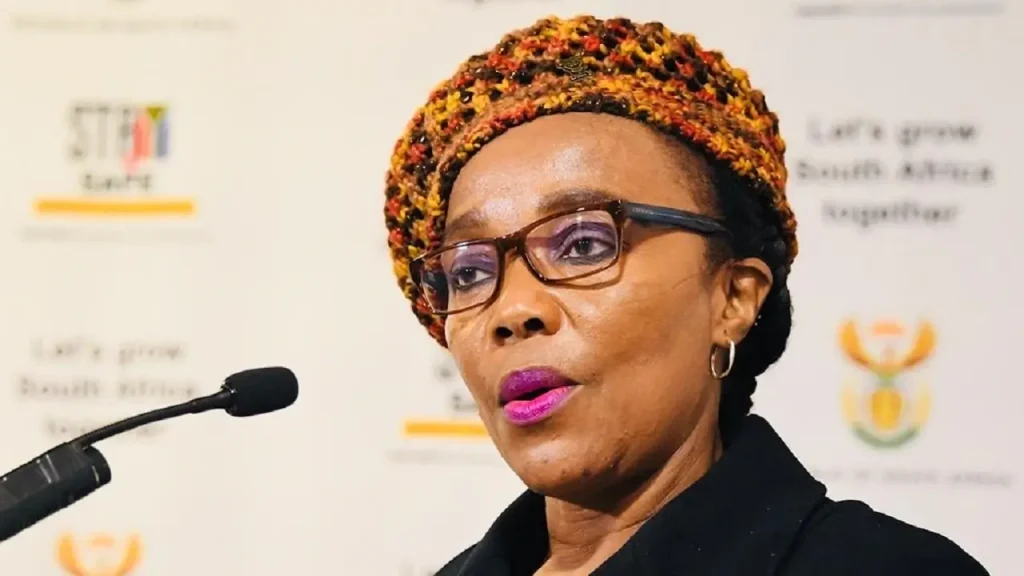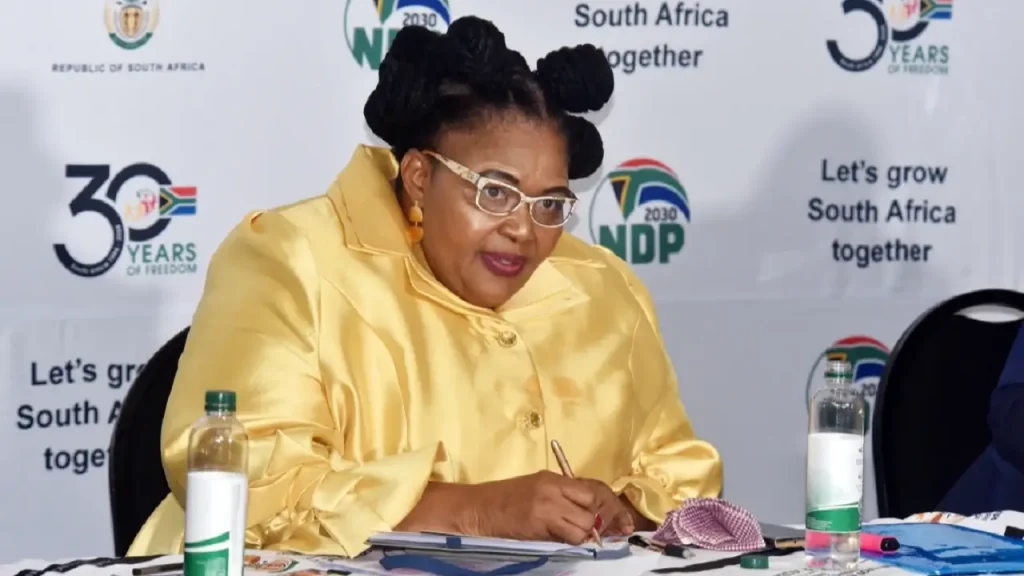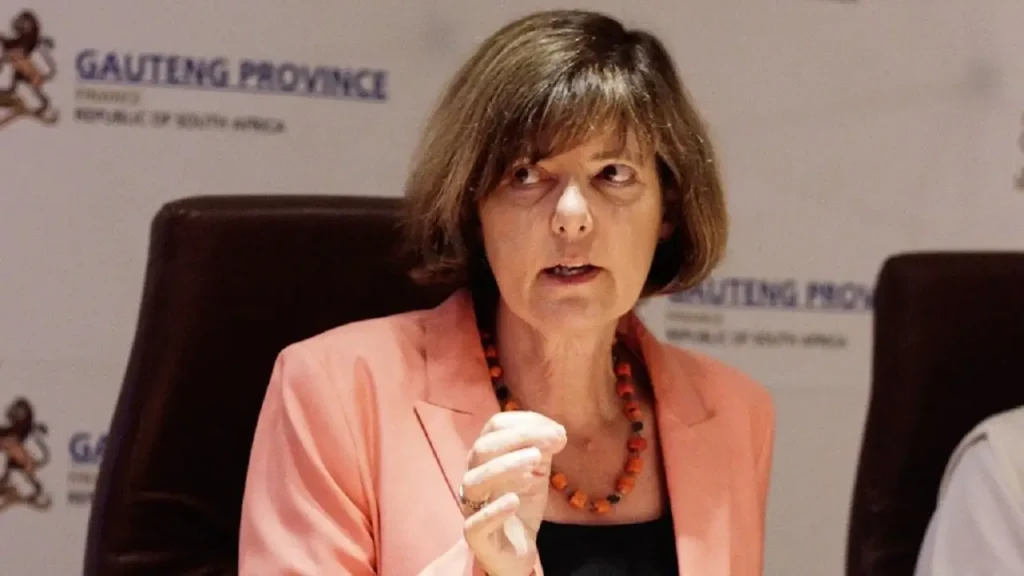Mduduzi Comfort Manana, a South African politician, has had a career full of highs and lows. From his rise through the political ranks to his fall from grace, his journey has captured the public’s attention. Here’s a closer look at 20 facts about Mduduzi Manana that highlight his political career, controversies, and personal life.
1. Early Life in Ermelo
Mduduzi Manana was born on February 12, 1984, in Ermelo, a town in Mpumalanga, South Africa. Raised by his mother, Sibongile Manana, who was a prominent member of the African National Congress (ANC), he was introduced to politics at a young age.
2. Political Beginnings
Manana became involved in politics as a teenager, joining the Congress of South African Students (COSAS) and the ANC Youth League in 1998. His early involvement shaped his political career, building a foundation in activism and leadership.
3. Iraq War Protestor
At the age of 19, Manana was part of the Iraq Action Committee, traveling to Baghdad as a human shield against the American-led invasion of Iraq in 2003. He later returned to South Africa, citing the traumatic experiences he witnessed during the conflict.
4. Academic Background
Manana studied at the University of Natal (now the University of KwaZulu-Natal), where he earned a Bachelor of Arts in Political Science and Sociology, furthering his understanding of the socio-political landscape that would define his career.
5. ANC Youth League Leadership
His political journey within the ANC Youth League was marked by his rapid rise through the ranks. By 2006, he had become the chairperson of the regional branch in Gert Sibande District and was later elected to the National Executive Committee of the Youth League in 2008.
6. First Election to Parliament
In the 2009 general elections, Manana was elected to South Africa’s National Assembly, becoming one of the youngest members of Parliament at the time, further solidifying his standing within the ANC.
7. Appointment as Deputy Minister
On June 12, 2012, President Jacob Zuma appointed Manana as the Deputy Minister of Higher Education and Training at just 28 years old, making him the youngest deputy minister in post-apartheid South Africa.
8. Youthful Leadership
During his tenure as Deputy Minister, Manana was seen as an energetic and youthful leader, despite criticism from student organizations who doubted his readiness for such a complex role.
9. 2017 Assault Scandal
In August 2017, Manana was involved in a highly publicized incident where he assaulted three women outside a nightclub in Johannesburg. The altercation, which was caught on video, led to widespread condemnation.
10. Legal Consequences
Manana pled guilty to three counts of assault with intent to do grievous bodily harm. He was sentenced to pay a R100,000 fine, complete anger-management classes, perform 500 hours of community service, and compensate the victims.
11. Resignation from Cabinet
Amid the assault charges, Manana resigned as Deputy Minister of Higher Education and Training on August 19, 2017. His resignation was accepted by President Zuma, and the ANC expressed disappointment but also acknowledged his service.
12. Political Recovery
Despite the scandal, Manana retained his seat in the National Assembly as an ordinary member, showing resilience in the face of public scrutiny. He served on the Portfolio Committee on Human Settlements.
13. National Executive Committee Appointment
In December 2017, Manana was elected to the ANC National Executive Committee, marking his return to the party’s leadership ranks, despite his recent controversies.
14. 2018 Domestic Incident
In May 2018, allegations surfaced that Manana had tried to push his domestic worker down the stairs. Although the domestic worker later withdrew the complaint, the incident raised questions about his behavior and judgment.
15. Gender-Based Violence Stance
In response to the allegations and his past mistakes, Manana publicly committed to eliminating gender-based violence. He donated R1 million to a men’s social movement against gender-based violence and pledged R500,000 to a campaign for sanitary packs for African girls.
16. Resignation from Parliament
In July 2018, following ongoing pressure and media reports, Manana resigned from Parliament, reflecting his decision to step away from public office amid the ongoing scrutiny over his personal life and past actions.
17. Reformed Political Figure
By 2020, Manana began to reflect on his past mistakes, stating that he had addressed the anger issues that led to his controversial actions. He expressed a sense of personal reform and growth.
18. Return to ANC Leadership
Manana was successfully re-elected to the ANC National Executive Committee in December 2022, overcoming the party’s rules on criminal convictions. His re-election marked a significant milestone in his political rehabilitation.
19. Leadership Role at Luthuli House
In early 2023, Manana transitioned into a full-time role at the ANC headquarters, Luthuli House, where he was appointed head of organizing, marking a shift from his earlier governmental positions to a more party-focused leadership role.
20. Ongoing Public Interest
Mduduzi Manana’s political career continues to attract public interest due to his past controversies, leadership within the ANC, and his continued presence in South African politics. His journey reflects the complexities of political redemption and the challenges of public scrutiny.

